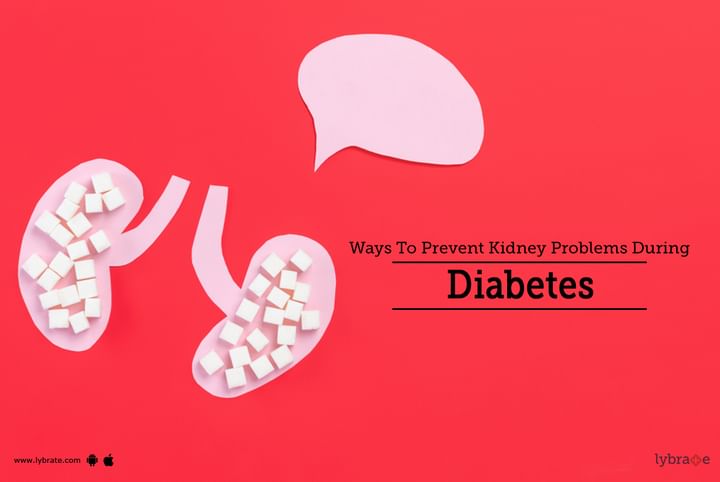Ways To Prevent Kidney Problems During Diabetes
Diabetes mellitus, or simply diabetes, is a condition that results from high blood sugar. The two common forms of this condition are – Type 1 diabetes and Type 2 diabetes.
Type 1 diabetes, more common in children, occurs when the pancreas does not produce enough insulin. Type 2 diabetes, on the other hand, occurs when your body is not able to use the insulin produced by the pancreas properly. This condition affects adults more than children.
Diabetes is a chronic condition and can potentially lead to other complications, including kidney failure, if left unmanaged.
How Diabetes Affects Your Kidneys
Diabetes may cause injury or damage to the small blood vessels in your kidneys. Due to this, your kidneys may not be able to refine the blood efficiently, and your body retains more salt and water than it should – this often results in ankle swelling and weight gain.
Diabetes may also injure your nerves, causing difficulty in emptying the bladder. The pressure caused due to a full bladder may back up and cause damage to the kidneys. If urine is stored for a prolonged time in the bladder, you may develop an infection from the rapid growth of bacteria in the urine that has a high glucose level.
Nearly 30% of patients with Type 1 diabetes and about 10-40% of people with Type 2 diabetes will eventually suffer kidney disease, according to studies.
Symptoms of Kidney Disease in Diabetes Patients
A diabetes patient may encounter the following signs of kidney disease if the condition worsens –
-
Protein/albumin in the urine
-
An elevated blood pressure
-
Ankle and leg swelling or cramps
-
An urge to urinate more often, especially at night
-
High levels of creatinine and BUN in blood
-
Less need for antidiabetic medications or insulin
-
Vomiting and nausea
-
Paleness, weakness/anaemia
The best way to prevent or slow diabetes-induced kidney disease is to try to control your blood pressure and blood glucose levels. Healthy lifestyle habits combined with prescribed medications can help you meet your goals and improve your overall condition.


+1.svg)
